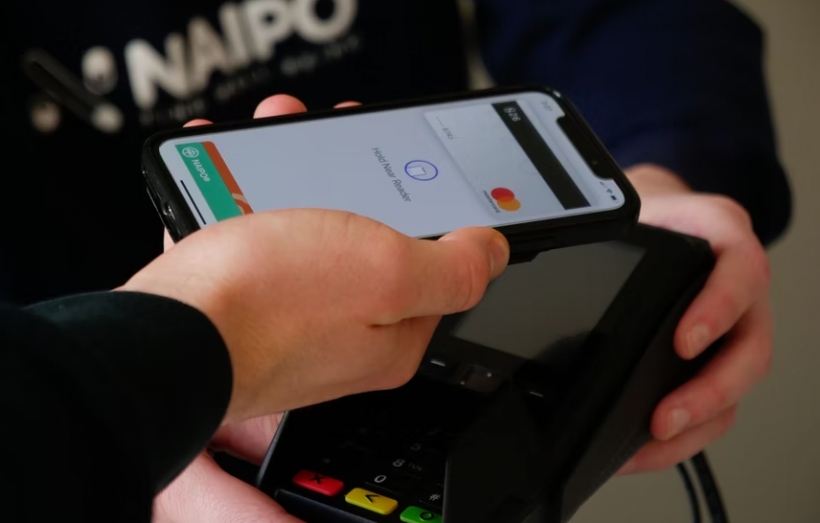Apple recently made a notable decision to address antitrust concerns in Europe by extending an invitation to competitors. CNBC tells us that Apple has offered access to its contactless payment and mobile wallet technology.
The European Commission has been in discussions with Apple Pay regarding market exclusivity, leading to a series of commitments focused on promoting fair competition.

Apple responds to European antitrust concerns by inviting competitors to access its payment technology. The European Commission investigates market exclusivity, leading to proposed commitments for fair competition.
The EU Investigation
The process began in June 2020, when the European Commission formally investigated Apple's mobile payment practices.
By May 2022, the Commission had accused Apple of abusing its dominant position in the mobile wallet market. The main claim was that Apple's exclusivity stifled competitors by preventing them from offering NFC-enabled contactless payments on its platform.
As part of its preliminary findings, the Commission stated that Apple's actions may limit competition in the market for mobile wallets on iOS devices.
To address these concerns, Apple has proposed commitments that, if accepted, will shape the future of mobile payments in the European Economic Area.
Read Also: iPhone 16: Touch-Sensitive Capture Button for Zoom and DSLR-like Focus Unveiled in Exclusive Report
Apple's Proposed Commitments
Apple's commitments include allowing third-party developers access to its contactless payment technology and breaking the exclusivity of Apple Pay.
Third parties will gain free access to NFC functionality on iOS devices through a set of APIs without being required to use Apple's own payment technologies.
TechCrunch tells us that while access to Apple's secure element remains restricted, the company offers "equivalent access" to NFC components in what is termed as "Host Card Emulation ('HCE') mode."
This mode securely stores payment credentials and completes transactions using NFC without relying on an in-device secure element.
Apple will extend these commitments to all third-party mobile wallet app developers in the European Economic Area and iOS users registered in the region. It assures that users will not be prevented from using these apps for payments outside the EEA.
Regulatory Response
Apple pledges additional features and functionality for third parties to enhance competition, including defaulting to preferred payment apps, access to authentication features like FaceID, and a suppression mechanism. The eligibility criteria for NFC access will be "fair, objective, transparent, and non-discriminatory."
The European Commission seeks feedback on Apple's proposal and will decide on its adequacy after a month. If accepted, the commitments will remain in force for ten years, with an independent monitoring trustee appointed to ensure compliance. Failure to honor accepted pledges could result in fines up to 10% of Apple's worldwide turnover.
Global Antitrust Pressure and the Digital Markets Act
Beyond Europe, Apple faces antitrust pressure in the United States, with the Department of Justice reportedly preparing a case against the company. The focus is on software and hardware limitations on iPads and iPhones, adding to Apple's global challenges.
Apple's designation as a "gatekeeper" under the Digital Markets Act (DMA) aligns with the ongoing case. The DMA, effective by Mar. 7, imposes obligations on gatekeepers to ensure fair market practices.
Stay posted here at Tech Times.
Related Article: Apple Store is Down as Excitement Builds for Apple Vision Pro Preorders









